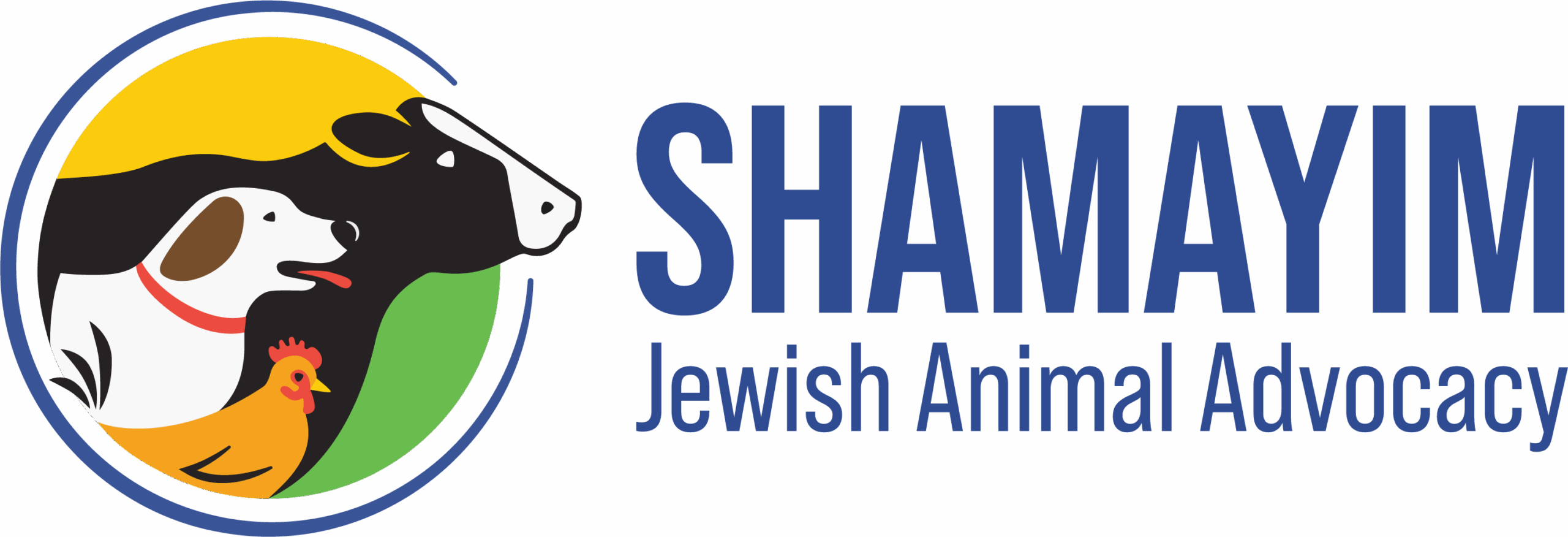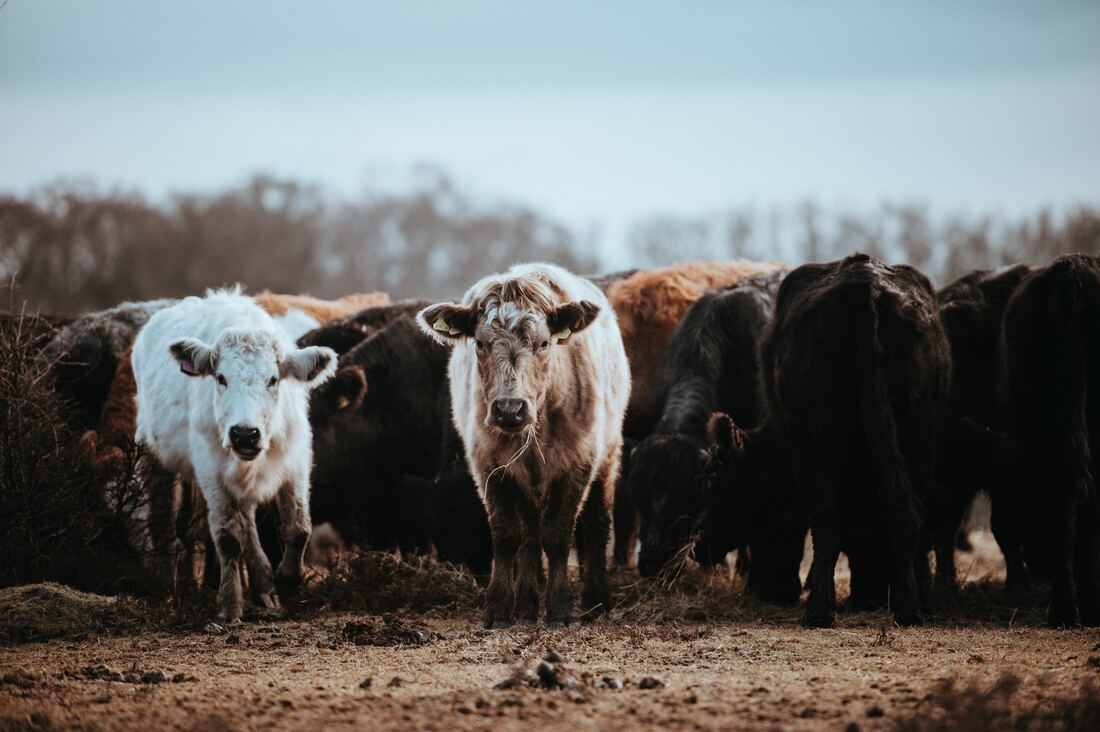November 21st, 2019
ALEX WEISZ
Among contemporary society’s darkest plagues is the political polarization that exists – not just in politics, but in just about every area of life. The progression of the 24-hour news cycle to the explosion of social media has cultivated a festering wound within our social consciousness. A culture of “roasting” and “trolling” to sew discord exists in all walks of life, rendering things that were, at one time, entirely non-controversial, polarizing. Critical thought has reached its most toxic, with good-faith discussions becoming increasingly few and far between.
In the philosophical discussions that surround animal welfare, especially as it pertains to the consumption of animals for food, a common trope arises: the idea that one should not prioritize combating cruelty towards animals over cruelty towards humans. Even the great Rav Kook, among the most famous proponents of plant-based Judaism, warned of this phenomenon. Nevertheless, this week’s Torah portion may give us an opposing view to this notion.
In this week’s parsha, Avraham commands his servant to find a wife for his son Yitzhak. Tasked to find an appropriate partner for Yitzhak to continue the covenant with, Avraham’s servant creates a test for any potential wives – not only did she need to offer him water, but also for his camels following the long journey. The wisdom behind this was incredible – potentially from Divine origins (see verse 24:12). Not only would a woman worthy to continue the line of Avraham need to be generous and hospitable towards other people – she would need to be generous and hospitable towards all creation, including animals.
The Torah notes that as soon as the servant declares this test, our matriarch Rivkah arrives to the spring to fill her jar of water. Upon being asked for some water, Rivkah passes the test perfectly by offering water for the servant, as well as for his camels. Furthermore, she then invites him and his camels to stay at her family’s home – displaying the same hospitality of her father-in-law and uncle.
What does this teach us? Ultimately, the concern for the welfare for animals and other people are not mutually exclusive. Quite the contrary, in fact – regardless of the recipient, open-heartedness is open-heartedness; compassion is compassion; justice is justice. Logically speaking, isn’t it far simpler to apply these virtues to all of creation, rather than limiting them to specific recipients? Throughout the social justice landscape, Jewish and secular, we find that many leaders, activists, and supporters of all sorts of issues are beginning to adopt a plant-based diet – and yet, far too many continue to ignore the crimes of the animal agriculture industry. Unfortunately, too many socially-conscious folks neglect the injustices towards animals, and conversely, some vegans and vegetarians are satisfied with their righteous dietary contribution that they neglect other areas of social justice. In truth, however, compassion for some is more difficult to maintain than compassion for all, so long as we open our eyes.
Even from a pragmatic standpoint, we find that now more than ever, the connection between animal welfare and human welfare are one and the same. In the age of the climate crisis, fueled by the animal agriculture industry even more than all of the world’s transportation methods, compassion towards animals is very much a solution and prevention to current and future injustices towards our fellow human beings. If we do not swiftly adopt preventative measures, millions of people risk displacement – furthering the challenges of mass immigration, which can be met with the same cruelty and dehumanization that refugees face today. We would be able to produce even more food for a growing human population with far less wasted resources and destruction of natural habitats – all while dramatically lowering greenhouse gas emissions and terminating the wasteful and inhumane factory farming industry.
Judaism encourages gentleness – to ourselves, to other people, and to the natural world. It began with our ancestors, and we have the opportunity to lead in this incredibly perilous time for our people and our world. We cannot rely on solutions one-by-one – we need many comprehensive solutions to be adopted by millions of people.
It may sound cliche, but it is true: love, justice, and compassion for all things really is the answer. May we follow in the footsteps of our mother Rivka, and open our hands and hearts to all of God’s creation.
Shabbat Shalom.


Leave a Reply